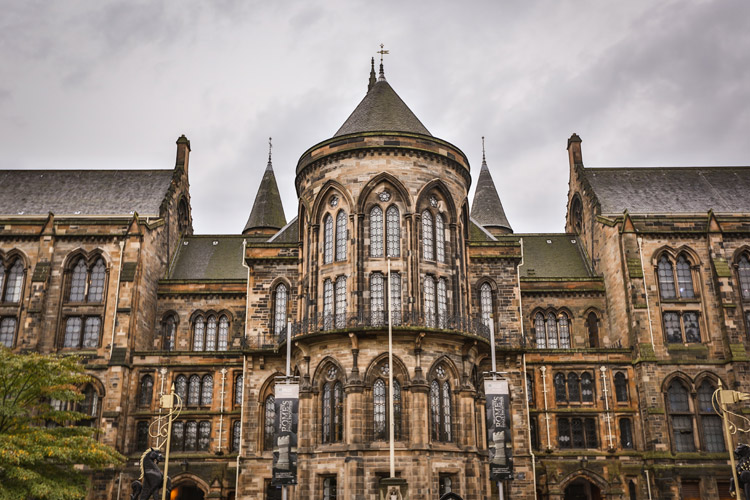Your tasks will depend on your specialism but you could:
- plan trials and analyse data, for example in crop production or medicine research
- study and protect endangered land and marine plants and animals
- develop new ways to prevent, diagnose and treat disease
- make observations, write reports and publish scientific papers
- teach students at a university or in a teaching hospital
Possible green job
This job could help the environment.
For a biologist to be a green job, you could:
- find new ways to clean up soil, air and water pollution
- research sustainable food production methods
- develop biofuels from non-food crops and waste biomass materials
More Information
Career tips
You can learn more about the latest biological research projects from the Biotechnology and Biological Sciences Research Council.
This can be useful to talk about when it comes to course and job interviews.
Professional and industry bodies
You could join the Royal Society of Biology for your professional development.
Further information
You can find more details about careers, courses and training in biology from the Royal Society of Biology.





